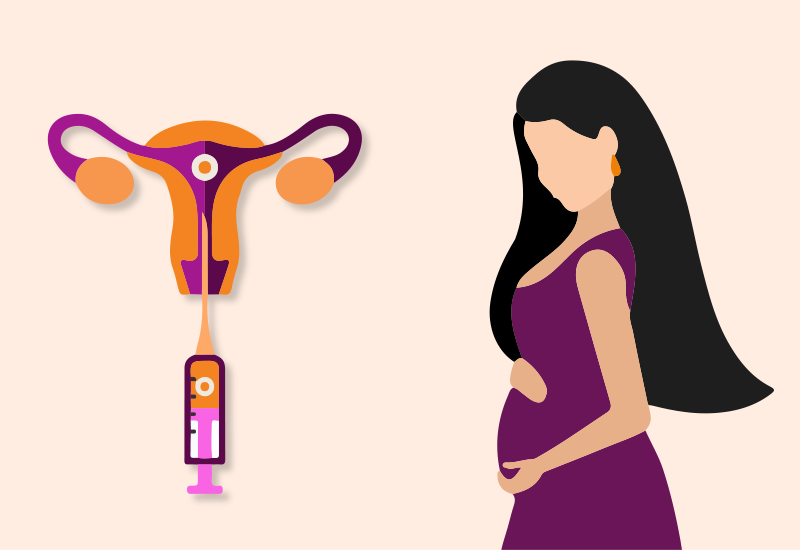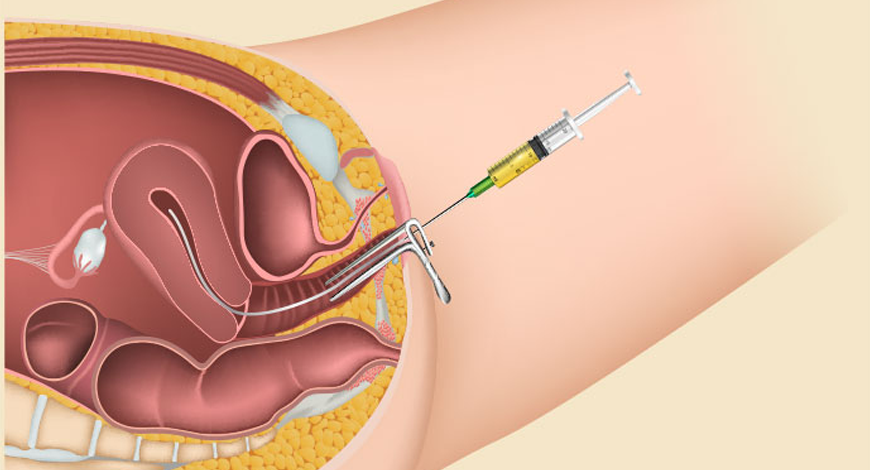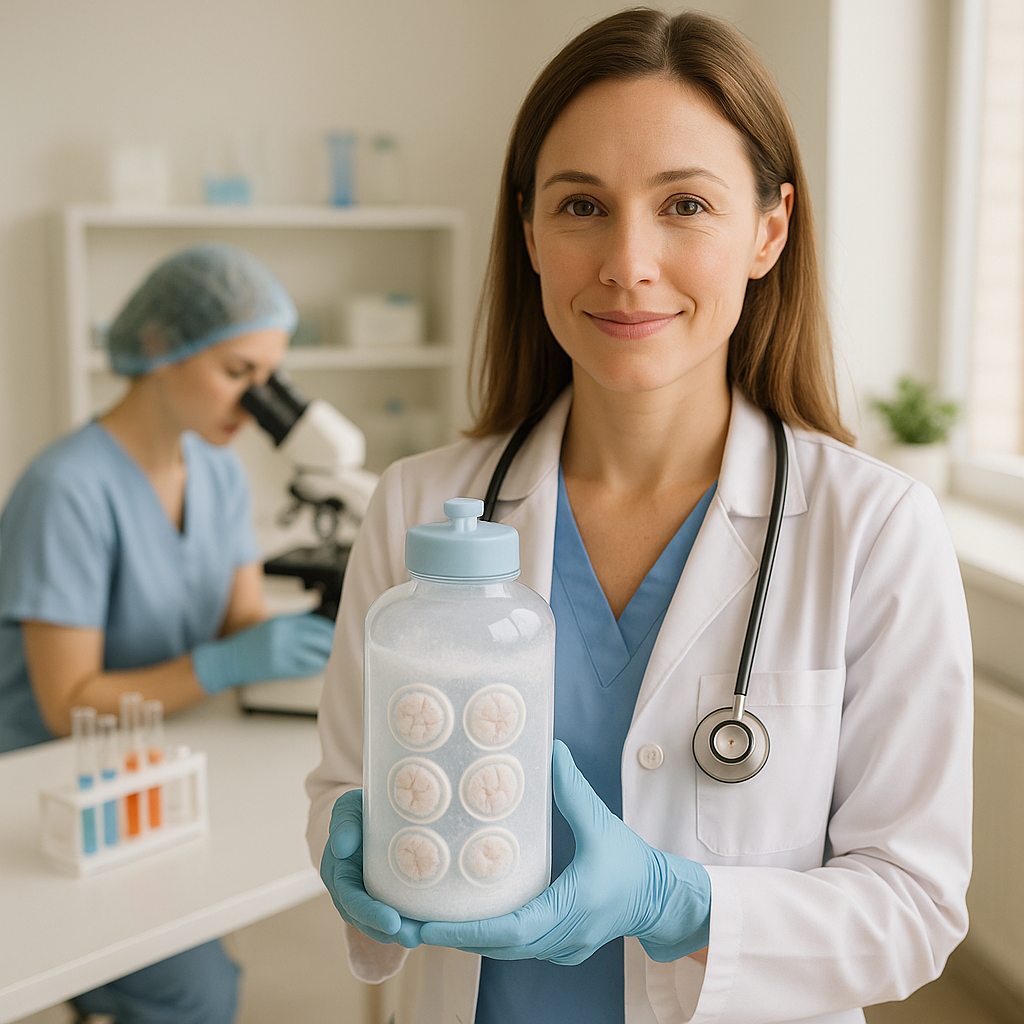
Embryo transfer is a critical stage in IVF treatment, and the process that follows is just as important as the transfer itself. During this period, there are various precautions and actions that can significantly increase the success rate. First, maintaining a stress-free environment and avoiding negative emotional states is essential. Resting and limiting physical activity help the body adapt to this process. Additionally, following the doctor’s recommendations and continuing with the prescribed medications is crucial for supporting the embryo’s implantation. Staying hydrated and focusing on a healthy diet are also vital. After IVF transfer what to eat should include nutritious foods that provide the necessary energy for the body and support the embryo’s development. It’s recommended to avoid harmful substances, especially cigarettes and alcohol, as they can negatively impact success. Instead, seeking support from positive influences and maintaining hope can be highly beneficial during this period. These strategies are key to increasing the success rate of IVF treatment and having a more hopeful future.
Things You Should Do
After the IVF transfer, there are several key actions that should be taken to increase success. Here are the main points to consider:
- Rest: Giving your body time to rest is vital. Avoid intense physical activities and stress.
- Medication: Regularly take the medications prescribed by your doctor. They are crucial for embryo development and implantation.
- Nutrition: Follow a healthy diet. What to eat after IVF transfer includes nutritious foods that boost energy and support body recovery.
- Hydration: Drink plenty of water to stay hydrated. This helps your body function better.
- Chemical Exposure: Minimize exposure to endocrine-disrupting chemicals. They can negatively affect reproductive health.
- Support: Consider emotional support to manage stress. This can improve your overall well-being and help your body adapt to the process.
 Pamper Yourself for a Couple of Days
Pamper Yourself for a Couple of Days
What to do after IVF embryo transfer includes pampering yourself during this crucial period. Staying in a comfortable and peaceful environment helps reduce stress. Instead of your regular hectic routine, creating a serene atmosphere will be beneficial for your mental health. Light activities can be allowed, but it’s essential to avoid anything strenuous. Focusing on what to eat after embriyo transfer IVF nutrient-rich foods will provide both physical and mental support. Additionally, staying well-hydrated is important. Helping yourself during this process enhances your body’s ability to adapt and supports the development of the embryo. Remember, this is a special time for you, and giving yourself this opportunity is key to a hopeful future.
Keep Taking Your Medications
After IVF transfer what to do? It’s critical to keep taking your medications. The medications prescribed by your doctor play an essential role in ensuring the success of the treatment and improving the embryo’s chances of developing. These drugs often include hormones and other medications that help support the implantation process. Regularly taking your medications as directed helps optimize the hormonal balance in your body. Staying on your medication schedule provides crucial support for the embryo in the early stages of development. During this period, maintaining a healthy diet and good hydration is important to help manage any side effects.
Eat a Healthy Diet
Eating a healthy diet after embryo transfer is one of the most important factors that increase success. After IVF transfer what to eat should include a balanced diet of fruits, vegetables, whole grains, and protein-rich foods. Fruits and vegetables offer essential vitamins and minerals for both you and the embryo. Staying away from processed foods, sugary drinks, and trans fats is also crucial. Hydrating well and drinking plenty of water further supports your health. A healthy diet not only supports embryo development but also enhances your overall well-being, helping you navigate this challenging process more easily.
Start Taking a Daily Folic Acid Supplement
Starting a daily folic acid supplement is a significant part of what to do after IVF transfer. Folic acid is a vital nutrient that helps prevent potential neural tube defects in the embryo. This important vitamin supports cell division and contributes to the healthy development of the embryo. A healthy diet, along with folic acid supplements, can enhance the success of IVF treatment in Cyprus. Discussing the appropriate dosage and duration of the supplement with your doctor ensures it aligns with your individual health needs.
Pay Attention to Endocrine-Disrupting Chemicals
What to do after IVF transfer includes avoiding endocrine-disrupting chemicals, which can have serious negative effects on reproductive health. These chemicals are commonly found in plastics, cleaning agents, and personal care products. Minimizing exposure to these substances is critical during the IVF process. Choosing natural, chemical-free products helps protect your health. Additionally, avoiding plastic containers for food and drink can reduce exposure to harmful chemicals. Supporting a healthy environment ensures the well-being of both you and the embryo.
For additional guidance, you may consider consulting specialists at a Cyprus IVF clinic to further personalize your approach to increasing the success of your treatment. By staying informed and proactive, you can navigate this journey with greater confidence.



 Pamper Yourself for a Couple of Days
Pamper Yourself for a Couple of Days

